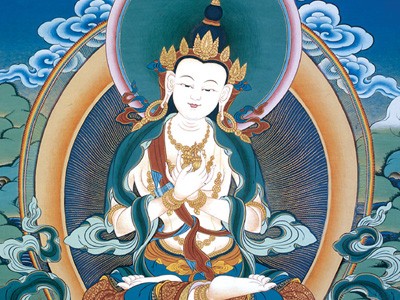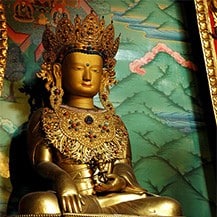On Meditation
Meditation allows people in prison to reflect on habitual thoughts and actions, thereby bringing inner change.
All Posts in On Meditation

Meditation with noise
There are many distractions to meditation in prison. This is how one incarcerated person deals…
View Post
Tears of compassion
A meditation on mindfulness brings strong feelings of compassion for others.
View Post
Better than a hell realm
A person in prison makes use of the tonglen practice while participating in the retreat…
View Post
Purifying negative karma
Using the retreat experience to purify the root delusions of pride and attachment.
View Post
Riding the roller coaster
Daily practice helps us recognize the problems that our mind creates for us.
View Post
Crossing to the other shore
An incarcerated person expresses the internal struggle he faces while doing retreat in prison.
View Post
Purification
Using the Vajrasattva mantra and practice to change unhealthy habits of daily life.
View Post
Appreciating the Dharma
An incarcerated person's letters express his gratitude for the Dharma.
View Post
Doing Vajrasattva retreat
A person in prison relates his intention to take refuge and importance of purification.
View Post
Personal demons
It´s not easy to replace old thoughts about oneself and to accept full responsibility for…
View Post
Doing retreat in prison
A person in prison describes the challenges of retreat practice inside prison and the benefits…
View Post